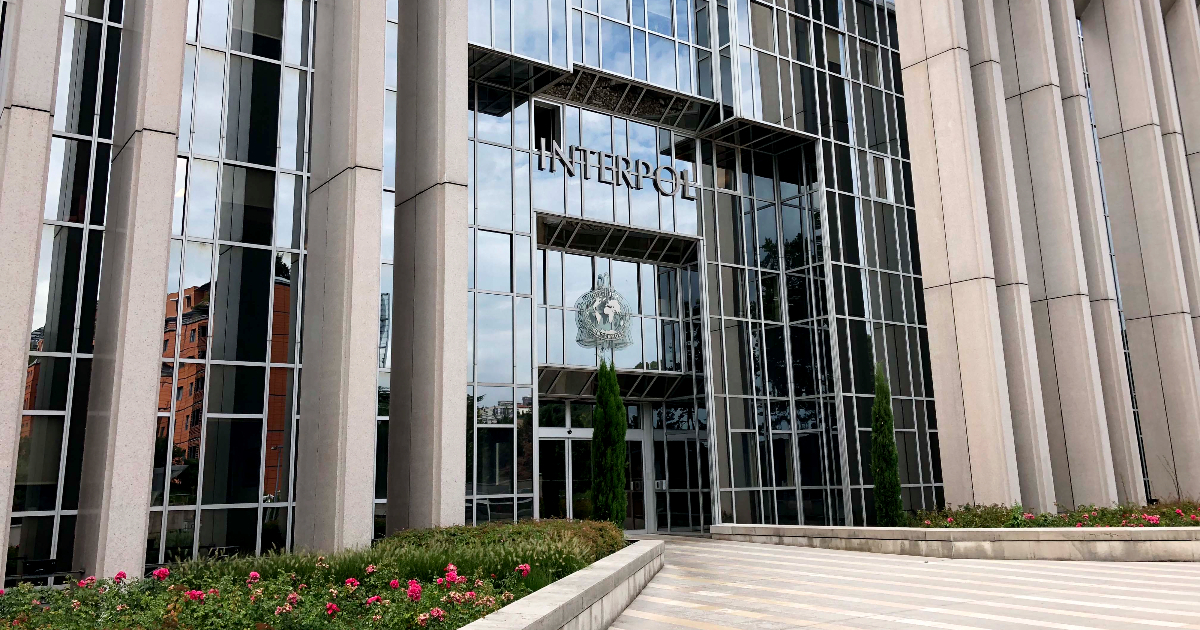
The elections that will decide a new Secretary General of Interpol in Novembercould influence the mechanisms established by the international organization to control the abuses of authoritarian regimes.
Under the mandate of the current Secretary General,Jürgen StockInterpol tightened oversight of its arrest alerts, known as "red notices,"in an effort to prevent abuse by autocrats seeking to persecute political dissidents beyond their borders.
Despite significant containment mechanisms in place, authoritarian regimes have adapted their tactics, resorting to less common Interpol procedures to continue their persecutions.
Countries such as Belarus and Turkey have used Interpol's lost and stolen passport database as a means to harass dissidents or leave them stranded abroad.
For its part, Interpol has implemented temporary measures such as blocking Turkey from using this tool and subjecting Belarus to special monitoring after detecting politically motivated procedures.
In addition, the organization has detected an increase in "blue notifications" - alerts that seek information about a person - which have doubled in number in the last decade, according to theNew York Times.
The choice of Stock's successor will be crucial, as it will determine whether current reforms will be maintained, or if Interpol will revert to less rigorous practices. The leading candidates are veteran Interpol officials from Britain and Brazil.
Brazil's candidateValdecy Urquiza, has emphasized Brazil's neutrality in geopolitical matters and has promised to improve diversity, serving people of all nations, including “Africans, Arabs and Asians.”
The vote, which will probably take place in June, will be secret and only the member countries of Interpol's executive committee will participate: Argentina, Belgium, China, Egypt, India, Namibia, Nigeria, Spain, Turkey, the United Arab Emirates and the United States.
“In terms of legacy, I want to deliver a house that is in order,” Stock said in an interview. If the agency previously gave countries the authority to instantly circulate red notices around the world, with Stock that changed and the organization now has a team that reviews and approves red notices before they are circulated.
Based in the picturesque French city of Lyon, Interpol acts as an intermediary for police agencies around the world, helping to share information about fugitives and crimes. At best, it helps track down murderers and terrorists.
For years, autocrats and dictators around the world used the organization to persecute their political enemies, using its police cooperation mechanisms to cross borders and take them over, even in democratic countries. Examples of this abound, some horrifying.
How would it affect the outcome of the elections in the case of Cuba?
In this context, the alleged alerts issued to Interpol by the Cuban regimein relation to its "National Terrorist List" -where important figures from the exile in Miami appear,influencers and social communicators-, could receive the attention that they have not gotten until now.
Under Stock's mandate, these types of “strategies” of political persecution disguised as the fight against terrorism or organized crime have been partially dismantled by control and surveillance mechanisms over the police actions of authoritarian regimes. Countries such as Russia, China or Türkiye have seen difficulties in issuing orders against their citizens through Interpol.
However, the arrival to the organization of a candidate like the Brazilian Urquiza, current director of International Cooperation in the Federal Police of Brazil and vice president of Interpol for the Americas, could mean a change in these mechanisms.
An ally of Cuba, the government of Brazilian Lula da Silva has sought since its first term to become a new actor among international powers, forging alternative alliances to the international order forged after World War II.
It could happen that Urquiza would not be elected, and it could also happen that he would maintain Interpol's current work system if he were successful. Butthe publication by Cuba of its “National Terrorist List” and his delivery to Interpol, suggests that the Cuban regime is very attentive to the next movements within the organization and follows with interest the evolution of the Brazilian candidate.
Human rights organizations, such asDemocratic Spaces, have warned about the possible misuse of Interpol by Cuba to issue "red notices" against those mentioned on the list. According toinformeorwell.com, these notices could lead to the arrest and extradition of individuals to Cuba, putting their safety and freedom at risk.
"As defenders of human rights, we urge Interpol to quickly implement effective measures that prevent the manipulation of "red notices" as a tool of transnational repression by the Cuban regime and other authoritarian governments around the world," he said in a report. recent Democratic Spaces.
"Current legal loopholes still allow authoritarian regimes to misuse these mechanisms for the arbitrary task of silencing, harassing and violating the human rights of critics globally. We urge Interpol to respect its own rules and suspend regimes that systematically abuse their mechanisms. Furthermore, we recommend the establishment of checks and balances to put an end to the issuance of abusive Red Notices by authoritarian regimes, such as Cuba, that ignore the rule of law," he added.
What do you think?
COMMENTFiled in: